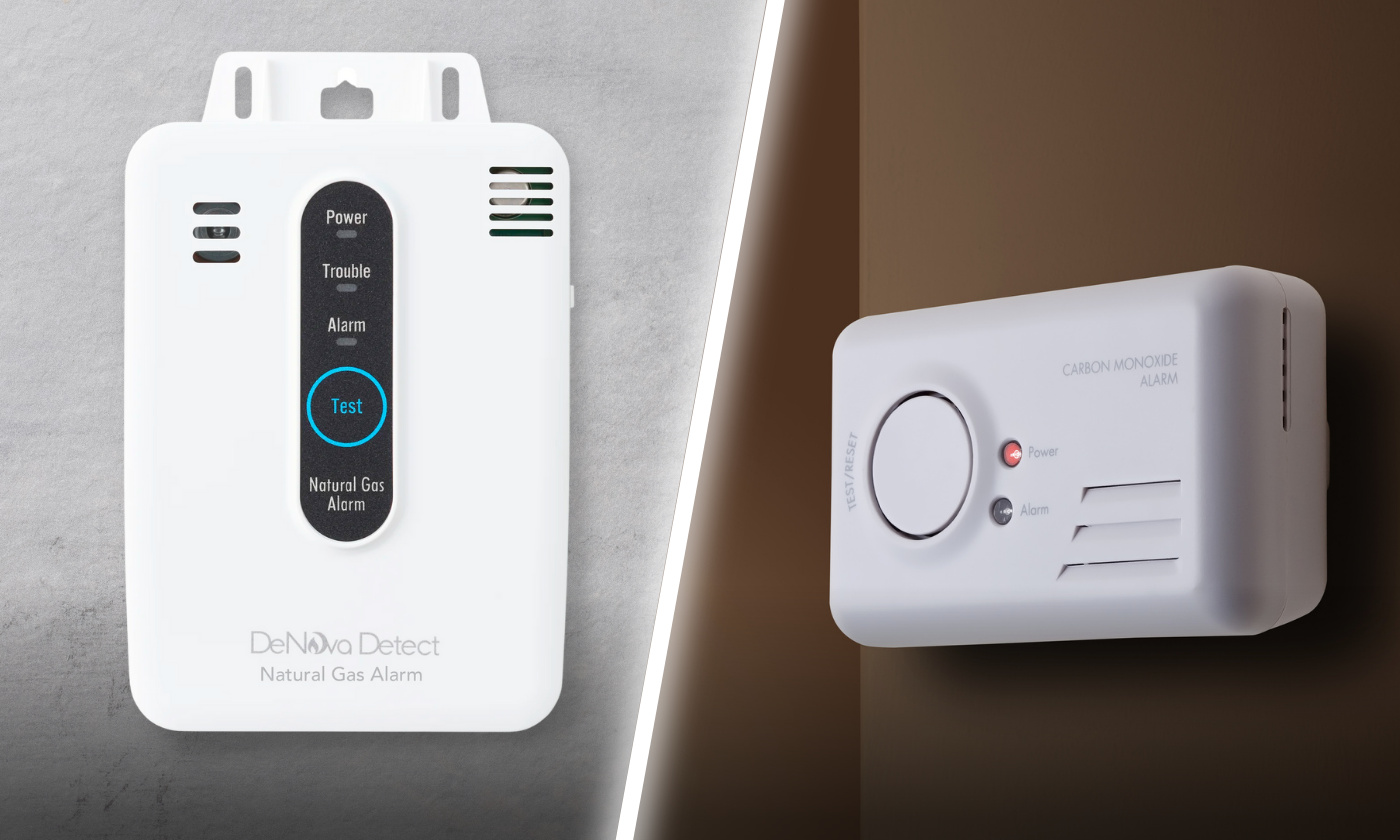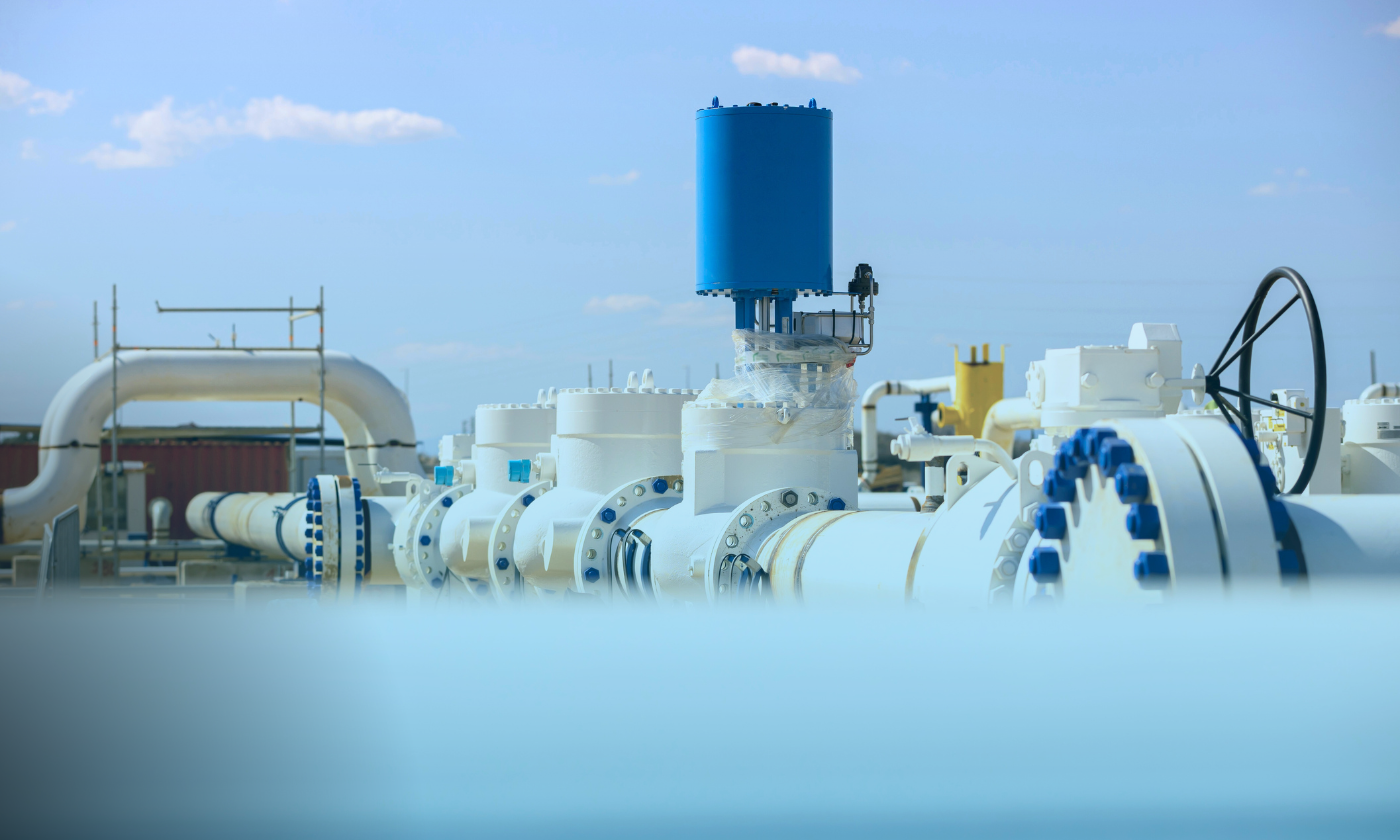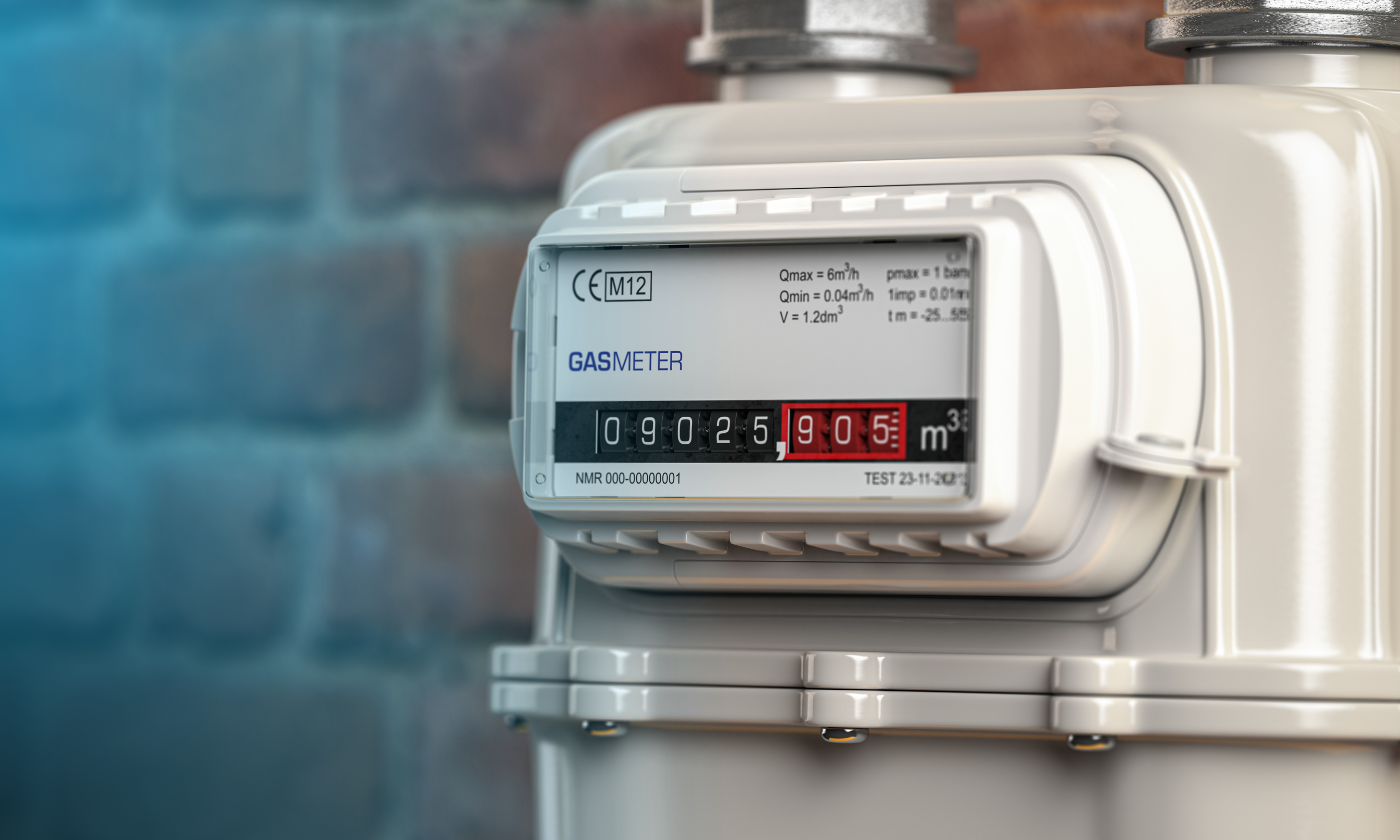Your safety is always a top priority. This is why fire alarms, smoke detectors, gas detectors, and carbon monoxide detectors are all crucial to ensuring you have a safe and secure space 24/7.
However, many people don’t understand the need for certain detectors and what each does. When it comes to natural gas and carbon monoxide detectors, understanding the difference will help you know what to do when one of these alarms goes off, keeping your home safer and giving you more peace of mind.
Natural Gas vs. Carbon Monoxide
Carbon monoxide (CO) is a colorless, odorless, and tasteless flammable gas that is slightly less dense than air. CO is poisonous to breathe in, and at high concentrations, CO health problems. Fatigue, headache, and shortness of breath are the early symptoms of exposure, higher concentrations and increased exposure can be fatal.
Unlike carbon monoxide, natural gas is a fossil fuel, not a byproduct of burning the fuel, making it a cleaner option for power generation. As a result, natural gas is better for the environment. It is mainly made of methane and other compounds such as ethane, propane, butane, and pentane. Since methane makes up most of the natural gas, it takes up as much space as possible, pushing the oxygen out when it escapes into a space. Natural gas is also naturally flammable and explosive—its chief danger. Natural gas can be just as deadly as carbon monoxide if improperly handled.
But having a natural gas detector—and understanding the warning signs—will keep you safe.
What Does A Natural Gas Detector Do?
Investing in a natural or combustible gas detector is essential for ensuring the safety of homes and people, as natural gas leaks can lead to fires, explosions, and other hazards. These devices are designed to detect the presence of natural gas, commonly used in households for heating, cooking, and other purposes. A natural gas detector will either be battery-powered or plug into the wall. Natural gas detectors will be set to monitor the particles in the air and alert the homeowner when they are in danger of a natural gas leak.
These in home gas detectors work by continuously monitoring the air in the surrounding area for the presence of natural gas. When the natural gas parts per million (PPM) reaches more than five, the sensor will alert people near the potential danger. As natural gas detectors are made with advanced sensitivity, you will generally be warned before you can even smell a natural gas leak. This allows the homeowner additional time to correct the natural gas leak before it is considered dangerous.
What Does A Carbon Monoxide Detector Do?
Carbon monoxide detectors are an essential safety device for any home or building where fuel-burning appliances or equipment are used and can save lives by providing an early warning of dangerous CO levels. Carbon monoxide detectors sound an alarm when they sense a certain amount of carbon monoxide over time. Different sensors set off different types of alerts, such as:
- Biomimetic Sensor: A gel changes color when it absorbs carbon monoxide, which triggers the alarm.
- Metal Oxide Semiconductor: When the silica chip’s circuitry detects carbon monoxide, it lowers the electrical resistance, and this change triggers the alarm.
- Electrochemical Sensor: Electrodes in a chemical solution sense changes in electrical currents when they come into contact with carbon monoxide, triggering the alarm.
Once the carbon monoxide detector alarm sounds, it must be in a carbon monoxide-free environment to silence the siren. Carbon monoxide detectors will not detect natural gas, as carbon monoxide and natural gas are two different types of gases.
Why You Should Have Both
Natural gas and carbon monoxide detectors benefit your home, and they are both necessary, as they serve different purposes. Having both types of sensors in your home can help you detect potential hazards early and take action to prevent harm. And if you’re a business owner looking to protect your workplace against these hazards, you should also have both types of equipment.
Detecting potential hazards early and taking action to prevent harm is easier when you have the right detectors. It is crucial to install residential natural gas detectors near gas appliances, such as furnaces, water heaters, stoves, and dryers, and carbon monoxide detectors in bedrooms and other sleeping areas, as well as in areas where gas appliances are used. Regular testing and maintenance of natural gas and carbon monoxide detectors can help ensure they work correctly and provide accurate readings.
Having natural gas and carbon monoxide detectors in your home can help protect yourself and your family from the dangers of gas leaks and carbon monoxide poisoning.
Contact us to find out how DeNova Detect can help protect you and your loved ones.





Leave a comment
This site is protected by hCaptcha and the hCaptcha Privacy Policy and Terms of Service apply.